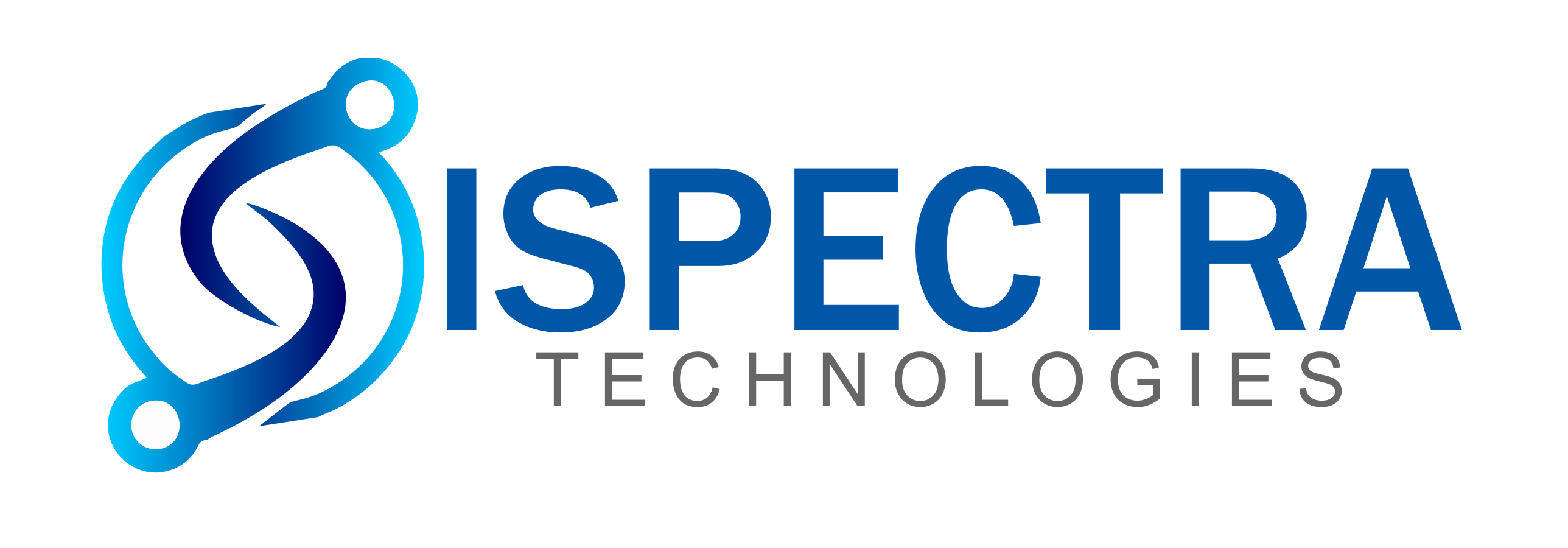In the dynamic landscape of contemporary business, achieving digital transformation is quintessential for companies to sustain competitiveness. There are numerous technologies, including Artificial Intelligence, Cloud Computing, and Data Analytics, enabling businesses to streamline operations, enhance efficiency, and stay agile. Of these, Cloud Computing stands out as a major catalyst for this transformation.
Cloud Computing not only empowers businesses to seamlessly access applications but also store data globally while utilizing any internet-connected device. Furthermore, cloud technology allows enterprises to cut down on capital expenditures. It also swiftly expands its operations without the necessity of acquiring new hardware each time additional capacity is required.
How is Cloud Computing Driving Digital Transformation?
Digital transformation is not just a trend in the rapidly evolving business environment. It has become an essential requirement for enterprises:
-
Security
When you operate in the cloud, you don’t have to worry about keeping your data safe from hackers or other threats. Cloud providers use standard security practices like firewalls, encryption, and authentication systems. The private cloud allows you to customize your security settings. For instance, if an employee loses a device with access to your data, you can remotely disable it without risking your data. Furthermore, using encryption and multi-factor authentication adds extra protection against cyber threats.
-
Scalability
Cloud computing is scalable, meaning you can adjust your system to fit your business needs. You can quickly scale up or down to handle traffic changes or unexpected usage spikes. This flexibility prevents you from investing too much upfront in computing power. You can also test a cloud solution before committing by renting a smaller instance. Cloud solutions allow you to upgrade or downgrade as your business grows or slows down, avoiding unnecessary expenses.
-
Mobility
Cloud computing offers flexibility and mobility for businesses that are remote work. With cloud solutions, you can access data and run applications from any internet-connected device. This allows employees to work from various locations without sacrificing productivity.
Cloud providers also offer collaboration tools. It facilitates seamless communication with clients and vendors who do not need access to your company’s data. Thus, cloud computing ensures a consistent experience across platforms.
-
Cost Reduction
The primary advantage of cloud computing is reduced costs over time compared to other IT solutions. You save money on hardware, upgrades, and software licenses while enjoying a flexible and scalable solution. Cloud providers handle system maintenance and upgrades, relieving you from keeping up with IT trends. Integrating various cloud services streamlines workflows, and many services offer integrations with other tools to enhance business processes.
-
Integration With Other Services
Businesses using multiple cloud services can easily integrate them to streamline workflows. Cloud services often integrate various tools to improve business processes. For example, Salesforce can be linked with tools like Gmail, Mailchimp, and Google Calendar using Zapier. Hybrid cloud solutions allow you to keep some data local while accessing additional IT services through the cloud.
-
Unlimited Storage
Cloud solutions provide unlimited storage, unlike on-premise computers. You can scale down or increase storage as per requirement. Additionally, the hybrid solutions allow you to keep some data local while storing other data in the cloud.
-
Faster Performance
Cloud computing offers faster performance as it is not limited by hardware. Scalability ensures faster performance for websites and applications without hardware upgrades. Hybrid solutions can improve performance by keeping critical data local while accessing other data in the cloud.
-
Better Collaboration
Cloud computing facilitates real-time collaboration and resource sharing among teams, regardless of their location. These solutions create a collaborative online environment for sharing information with clients and vendors. Tools such as wikis, blogs, and forums facilitate teamwork and project management. These tools also enable communication with external parties without providing access to sensitive company data.
-
Disaster Recovery
Cloud providers offer redundant backups, ensuring data is readily available even if one copy is lost. Furthermore, the data recovery services provide quick recovery in emergencies such as natural disasters or electrical outages. Even though some aspects are beyond control, cloud services help minimize downtime, preventing productivity, revenue, and reputation losses.
Conclusion
Embracing Cloud Computing is essential for business transformation. This model generates cost savings and opens up opportunities for innovation. It enables integrating modern and legacy systems, extends products and services globally, and builds highly resilient business models. Thus, companies are increasingly turning to cloud platforms to operate at scale and provide significant value for their businesses.
Ispectra Technologies assists businesses in tailoring the appropriate cloud solutions to achieve their digital transformation objectives. Our certified cloud professionals can help you understand the advantages of a multi-cloud strategy. They identify the most suitable platforms for your specific needs and maximize the returns on your cloud investments.

